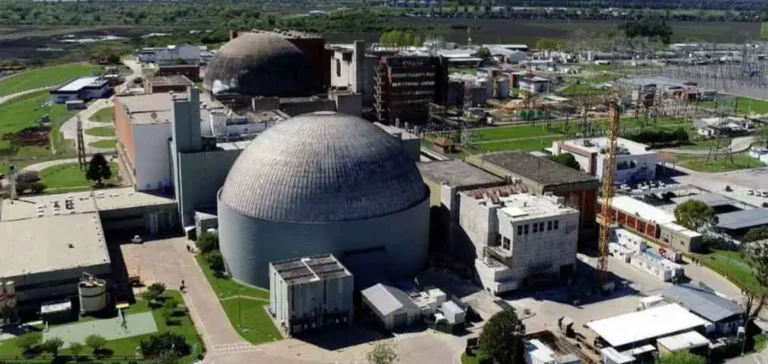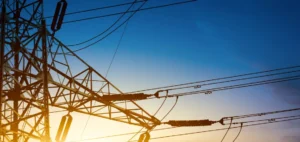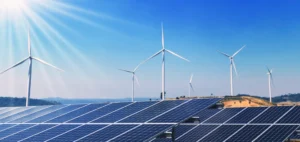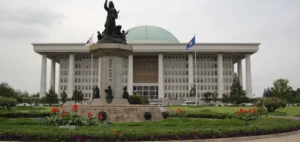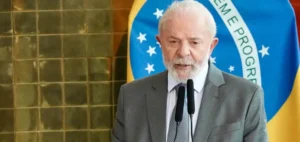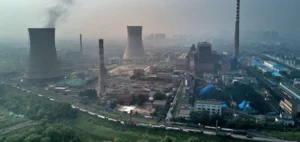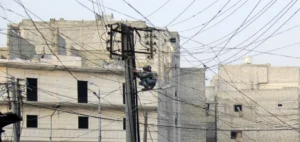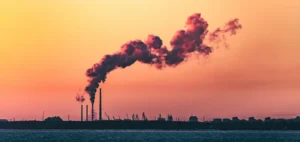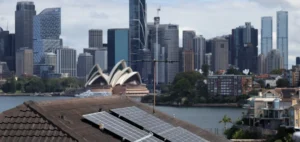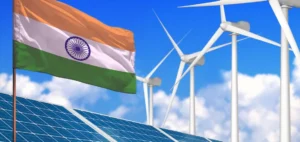The Argentine government has officially launched a partial privatisation process for Nucleo Electrica SA, the state-owned company responsible for operating the country’s three nuclear reactors. The operation involves the sale of 44% of the company’s shares through a tender open to both local and international investors. The implementing decree will be published in the coming days. The state will retain 51% of the shares, and up to 5% will be reserved for an employee shareholding programme.
A financial move at the heart of state reform
Nucleo Electrica SA owns and operates two nuclear power plants housing three reactors, including Atucha 1, which is currently offline for reconditioning. With an installed capacity of 1,763 megawatts, the company accounts for 7.4% of national electricity production. The government aims to attract private capital to finance the extension of the plants’ operational life and the implementation of new projects, including the construction of Argentina’s first small modular reactor under the CAREM and ARC-300 programmes.
The partial divestment also seeks to boost related nuclear segments, such as uranium mining, in line with the strategic directions set by the administration. Around 3,000 employees currently work at Nucleo Electrica SA, one of the few companies still eligible for privatisation following the 2024 parliamentary reduction of the initial list.
A signal to markets amid austerity
The operation follows previous privatisations initiated by the Milei administration, notably the July launch of the sale process for AySA, Buenos Aires’ public water utility. The Argentine president, elected on an ultraliberal platform, has reiterated his commitment to ending what he describes as the “entrepreneurial state”, relying on market mechanisms to reshape the national economic structure.
The announcement comes as the government has just presented its 2026 budget, marked by fiscal austerity goals despite a recent electoral setback. The economic reform plan remains unchanged, with minor adjustments announced in the areas of education, healthcare, and pensions.


